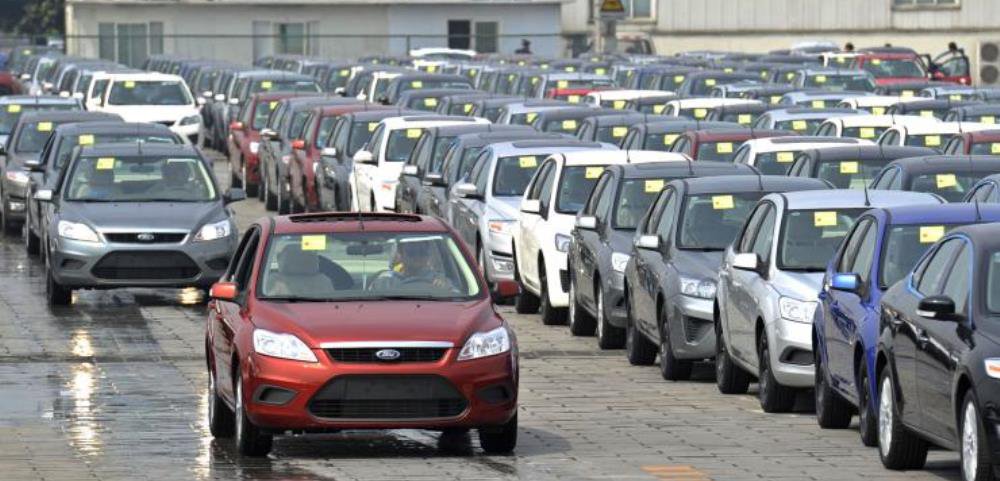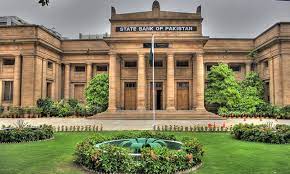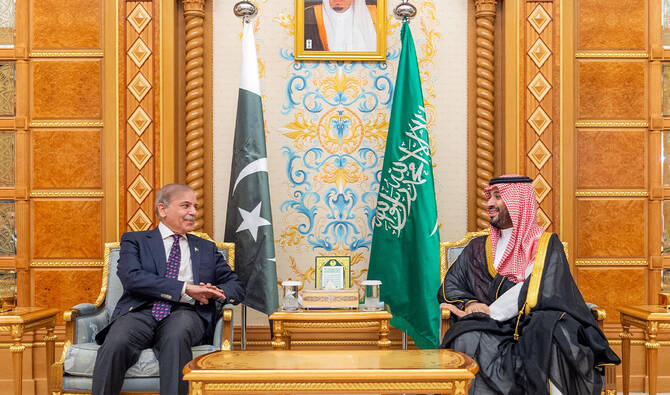PTBP Web Desk
Indus Motor Company Limited (INDU), the assembler of Toyota vehicles in Pakistan, has issued a strong caution regarding the government’s National Tariff Policy (2025–30). The company emphasized that while the policy seeks tariff rationalisation and trade liberalisation in line with international practices, its provision for easing used car imports poses serious risks to Pakistan’s auto industry.
The warning was shared in the company’s annual report to the Pakistan Stock Exchange (PSX), released on Wednesday. Indus Motor expressed concern that liberalising the import of used vehicles and reducing duties may disrupt domestic supply chains, impact employment, and shake investor confidence in the country’s automobile sector.
According to Indus Motor, Pakistan’s auto sector is already struggling with low production and underutilised capacity. The company reported that used car imports surged in FY 2024–25, with industry estimates suggesting 40,000–45,000 units were brought into the country. This number represents around 30% of total sales reported by members of the Pakistan Automotive Manufacturers Association (PAMA).
The automaker explained that while imported used cars offer variety for consumers, they create pressure on the domestic industry. With cheaper used cars entering the market, local manufacturers face lower demand, leading to reduced production and job cuts.
Pakistan’s domestic auto industry has an installed capacity of about 500,000 units annually. However, Indus Motor highlighted that only 36% of this capacity is currently being utilised, leaving over 60% idle.
The company warned that if the influx of used cars continues, this underutilisation could worsen. Idle plants mean lost opportunities for job creation, higher per-unit costs, and a loss of confidence from both local and foreign investors.
In addition, higher imports add to Pakistan’s already heavy import bill, putting further pressure on the economy and foreign exchange reserves.
Despite the challenges, Indus Motor reported a remarkable recovery in FY 2024–25. The company achieved a 56% surge in sales, selling 33,757 units, compared to 21,603 units in the previous year.
This growth was supported by improving economic conditions, better financing availability, and growing demand for new vehicles. Indus Motor stated that this momentum could continue into FY 2025–26, provided that government policies remain consistent and supportive.
Looking ahead, Indus Motor expressed optimism about the sector’s growth, particularly with the expansion of hybrid and electric vehicle (EV) adoption. The company expects sales to benefit from:
Policy rate reductions to support financing.
Favourable base effects from last year’s recovery.
Consumer interest in hybrid and EV technology.
However, the automaker stressed that for Pakistan’s auto sector to achieve its full potential, structural challenges must be addressed.
Indus Motor outlined several issues that need urgent attention:
Underutilised capacity – More than half of the industry’s production capacity is sitting idle.
Supply chain vulnerabilities – Reliance on imports for key components makes local manufacturers exposed to global disruptions.
High taxation and operating costs – Heavy duties and regulatory burdens make vehicles more expensive for consumers.
Policy inconsistency – Frequent policy changes discourage long-term investments.
Low localisation rates – Pakistan still imports a large portion of vehicle parts, limiting cost efficiency.
The company stressed that policy consistency, incentives for localisation, and strategic investment in technology will be crucial for sustaining momentum in the coming years.
Indus Motor urged the government to carefully review the impact of easing used car imports under the new National Tariff Policy. The company suggested:
Implementing a balanced approach to protect both consumers and domestic manufacturers.
Offering incentives for local production of hybrid and EVs.
Encouraging localisation of auto parts to reduce reliance on imports.
Supporting investor confidence through long-term, consistent policies.
The automaker emphasised that Pakistan’s auto sector is not just about cars—it plays a vital role in generating employment, attracting foreign investment, and supporting economic stability.




